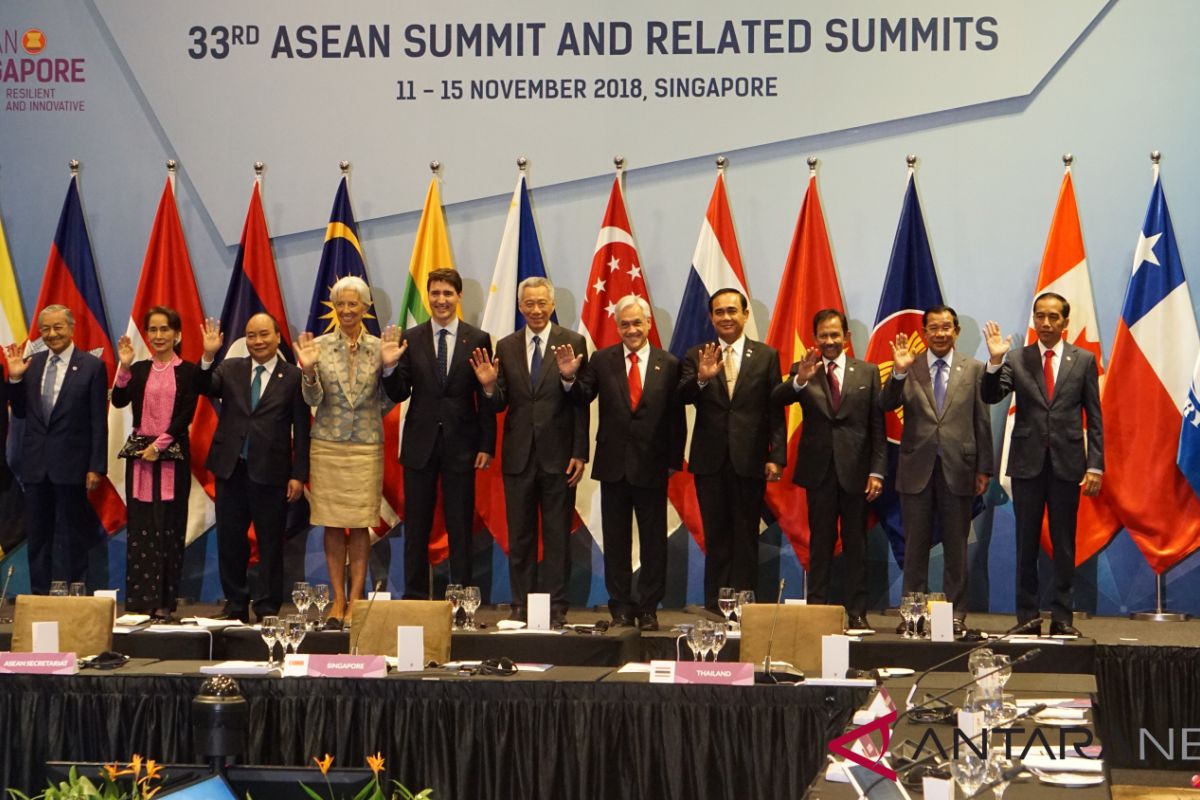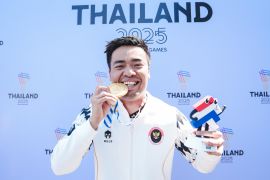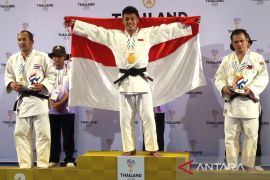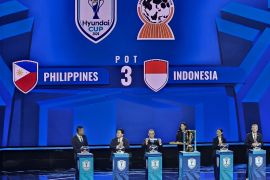
ASEAN Summit good opportunity to put brakes on plastic waste imports

These include the ASEAN Leader's Vision Statement on the Partnership for Sustainability, ASEAN Joint View of the Indo-Pacific, the ASEAN Leaders' Statement on the ASEAN Culture Year, and the Bangkok Declaration on Combating Marine Waste in the ASEAN Region.
The Bangkok Declaration on Combating Marine Debris in the ASEAN region was proposed by the ASEAN member countries’ environmental affairs ministers who met in Bangkok, on March 5, 2019, for the Special ASEAN Ministerial Meeting on Marine Debris (SAMM-MD).
The meeting was an initiative of Thailand, as the Chair of the ASEAN in 2019, to provide the ASEAN a platform to explore and pursue concrete action on combating marine debris and strengthening collaboration between the ASEAN and supportive partners to address marine debris issues in the region effectively.
Ironically, while the ASEAN member countries are concerned about marine debris, which mostly comprises plastic waste, imports of a deluge of unwanted and toxic plastic waste have flooded the region, including Indonesia, Malaysia, the Philippines, Vietnam, and Thailand over the last several years.
During the 2016-2018 period, the ASEAN region saw plastic waste imports grow by a staggering 171%, from 836,529 tons to 2,265,962 tons. That’s equivalent to around 423,544 20-foot shipping containers, according to data quoted by Greenpeace Southeast Asia.
“Making matters worse, much of it is mislabeled as ‘recyclable’ even though the shipments constitute hundreds of thousands of tonnes of contaminated plastic and other mixed wastes from developed countries that cannot be processed. Some of these imports are illegally shipped into the region, leaving receiving nations with no real capacity to deal with such waste, grappling with the magnitude of the mess,” Greenpeace said in a statement recently.
Since the spike in imports, countries have taken measures to counter the growing tide of imports.
Indonesia bans toxic waste imports in accordance with its Law No 32 of 2009 on the Protection and Management of the Environment.
In response to illegal waste imports, the Indonesian Government has taken stern measures by returning five containers of imported waste to its country of origin.
Spokesman of the Indonesian Environmental Affairs and Forestry Ministry, Djati Witjaksono Hadi said that the ministry in cooperation with the Finance Ministry sent back the illegal waste to the United States on June 16, 2019.
In recent months, both Malaysia and the Philippines have also publicly sent back waste shipments to their country of origin. Thailand has announced its intention to ban plastic waste imports by 2021, while Malaysia has stopped issuing new permits for importing plastic waste. Vietnam has also stopped issuing new licenses for the import of waste and has overseen a crackdown on illegal shipments as thousands of containers of paper, plastic and metal scrap build up at the country’s ports, raising environmental concerns.
Greenpeace Southeast Asia and other environmental groups have documented evidence in the last year, highlighting the significant risk this waste poses to local environments and those living nearby, as unspoiled areas are turned into toxic dump sites overnight.
Therefore, Greenpeace Southeast Asia demands that the ASEAN leaders put this issue on the agenda during their summits this year and make a united declaration to address the region’s plastic waste crisis. Greenpeace recommends a three-point strategy for ASEAN member states to adopt as they urgently work towards a "Single-use Plastic-Free World".
The strategies are to declare an immediate ban on all imports of plastic waste, even those meant for “recycling”, and ensure all ASEAN countries ratify the Basel Ban Amendment; to establish a holistic regional policy geared toward massively reducing the production of single-use plastic packaging and products, and facilitating innovation on reusable packaging and alternative delivery systems; and to advance a sustainable and ethical circular economy framework, grounded on zero waste approaches, that protects human health and the environment, and enables the ASEAN region to decouple growth from excessive resource extraction, production, consumption and wastage.
“Sadly, the ASEAN region remains the hub of choice for foreign waste disposal following China’s ban in 2018,” said Lea Guerrero, Country Director for Greenpeace Philippines. "Plastics and electronic waste are traded using loopholes in regulations under the guise of ‘recycling’ and ‘recovery’ of raw materials. However, much of the imported waste ends up in landfills or is burnt at illegal sites, posing a threat to people and the environment.”
“This is an ASEAN problem. All countries need to make an urgent joint declaration to end the trade in plastic waste imports from abroad, and put in place systems to support a sustainable plastic-free world,” said Heng Kiah Chun, Campaigner, Greenpeace Malaysia, during a press conference in Bangkok on June 18, 2019.
Pewarta : Fardah
Editor:
Budisantoso Budiman
COPYRIGHT © ANTARA 2026









